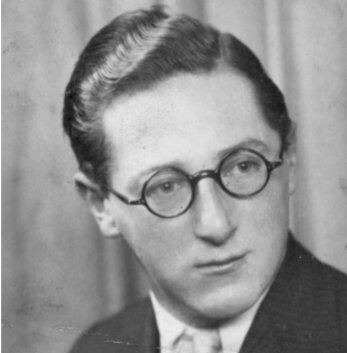Irish Writers and the Thirties
Art, Exile and War
The book, with writer and educator Leslie Daiken at its centre, depicts the lives of Irish writers and artists in cultural transit; re evaluates the impact of socialist causes and global history on Irish writers and makes the case for viewing Irish literature, and writers in and of Ireland, in the 1930s in a startling new light. Part cultural history, part reflection on memory and fame, the book re assembles fragments of a radical forgotten history, from the shards of obscure memoirs, newspaper columns and mosquito journals. Using previously untapped primary sources, unpublished memoir fragments and the correspondence between various writers and artists, the book will delineate the development of a forgotten culture of Irish literary radicalism in Dublin & London, an intrinsic part of both a 1930s Irish literary landscape and an international cultural ecology of the Left, and initiating deep friendships and alliances with writers as diverse as Nancy Cunard, Samuel Beckett, Goerge Orwell, T.S.Eliot, John Betjamin and William Carlos Williams.
The rich archival cache of unseen letters and documents on which the research is based allows a window to open on a forgotten radical milieu. We can re assess the lives and work of artists or poets who were, however briefly, inspired by solidarity with the grand causes of the times and egalitarian ideals. Such research also enables the recovery of their poems and polemical journalism, magnifying their ‘ socioliterary’ significance. The impetus of the book is not merely to perform an act of literary salvage but to find new ways of re-imagining what might be said to constitute Irish literature mid twentieth century; to use these mostly forgotten works to understand how Irish writers perceived their role in a transforming political moment of the 20th century, Bringing the reader on journeys literal and symbolic from Dublin to London, to the battlefields of Spain during the Civil War; to the USSR as it developed from the Revolution, from political commitment to cynicism – all seen through the eyes of the Irish writers who went as witnesses to the seismic world events of the 1930s and the 1940s.
Reviews




